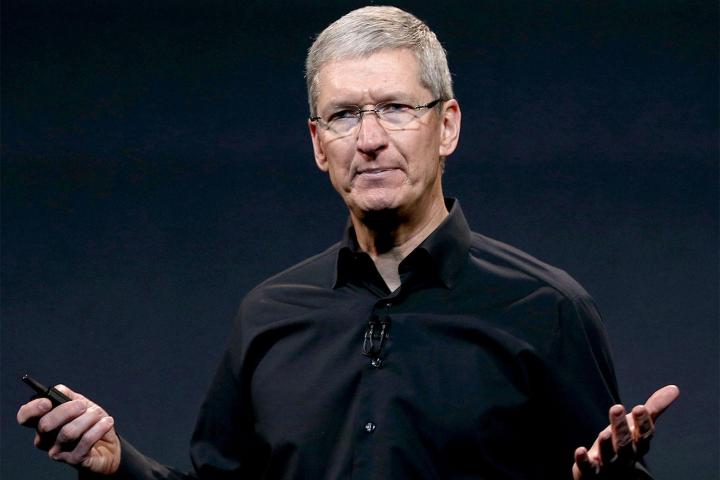
“The European Commission has concluded that Ireland granted undue tax benefits of up to 13 billion euros to Apple,” the EC wrote in its report, released early Tuesday morning. “This is illegal under [European Union] state aid rules, because it allowed Apple to pay substantially less tax than other businesses. Ireland must now recover the illegal aid.”
The largest fine doled out until now was $1.4 billion for EDF, a French energy group.
The penalty revolves around a three-year investigation into tax arrangements between Apple and Ireland. The arrangements made between the two have violated EU laws, according to the EC, and Apple has to pay up to 13 billion euros in back taxes to Ireland, plus interest. The largest fine doled out until now was $1.4 billion for EDF, a French energy group.
“Member States cannot give tax benefits to selected companies — this is illegal under EU state aid rules,” says Margrethe Vestager, the European Commissioner for competition. “The Commission’s investigation concluded that Ireland granted illegal tax benefits to Apple, which enabled it to pay substantially less tax than other businesses over many years. In fact, this selective treatment allowed Apple to pay an effective corporate tax rate of 1 percent on its European profits in 2003 down to 0.005 percent in 2014.”
Ireland’s corporate tax rate is 12.5 percent on business profits. Apple was paying far less thanks to its agreement with the country, meaning that it recorded all sales in Ireland rather than “in the countries where the products were sold.” In return, Apple brought jobs to Ireland.
The EC says the agreement between the two parties gave Apple an unfair advantage over other businesses that were subject to paying the normal tax rate.
Apple responded Tuesday morning with an open letter of its own by CEO Tim Cook, citing the early decision to invest in a “suffering” Cork, the city where Apple’s Irish headquarters resided.
“Apple follows the law and we pay all the taxes we owe.”
“As responsible corporate citizens, we are also proud of our contributions to local economies across Europe, and to communities everywhere,” Cook writes. “As our business has grown over the years, we have become the largest taxpayer in Ireland, the largest taxpayer in the United States, and the largest taxpayer in the world.”
Cook said it started with 60 employees in Cork, but now the company maintains nearly 6,000 jobs in the country. The agreements Apple made with Ireland were more like “guidance” from the Irish tax authorities, Cook writes — and it’s the “same kind of guidance available to any company.”
“Apple follows the law and we pay all the taxes we owe,” Cook said. “The European Commission has launched an effort to rewrite Apple’s history in Europe, ignore Ireland’s tax laws and upend the international tax system in the process. The opinion issued on August 30 alleges that Ireland gave Apple a special deal on our taxes. This claim has no basis in fact or in law. We never asked for, nor did we receive, any special deals. We now find ourselves in the unusual position of being ordered to retroactively pay additional taxes to a government that says we don’t owe them any more than we’ve already paid.”
Cook says the EC is targeting Apple, and the decision has “serious, wide-reaching implications.” He goes so far as to say that it’s more about which government collects the money, and that many companies in Ireland may now be subjected to a tax penalty “under laws that never existed.”
Just last week, the U.S. Treasury published a white paper criticizing the European Commission’s investigation, calling the group a “supra-national tax authority.” The Secretary of the Treasury believes the European Commission is increasingly “targeting U.S. companies disproportionately.”
The Treasury fears these tax penalties may end up with the U.S. losing tax revenue.
And Ireland’s Finance Minister Michael Noonan said, “Ireland’s position remains that the full amount of tax was paid in this case and no state aid was provided. Ireland did not give favorable tax treatment to Apple. Ireland does not do deals with taxpayers.”
Apple made more than $234 billion in 2015.
You can read the European Commission’s report here, and Cook’s full open letter here.


